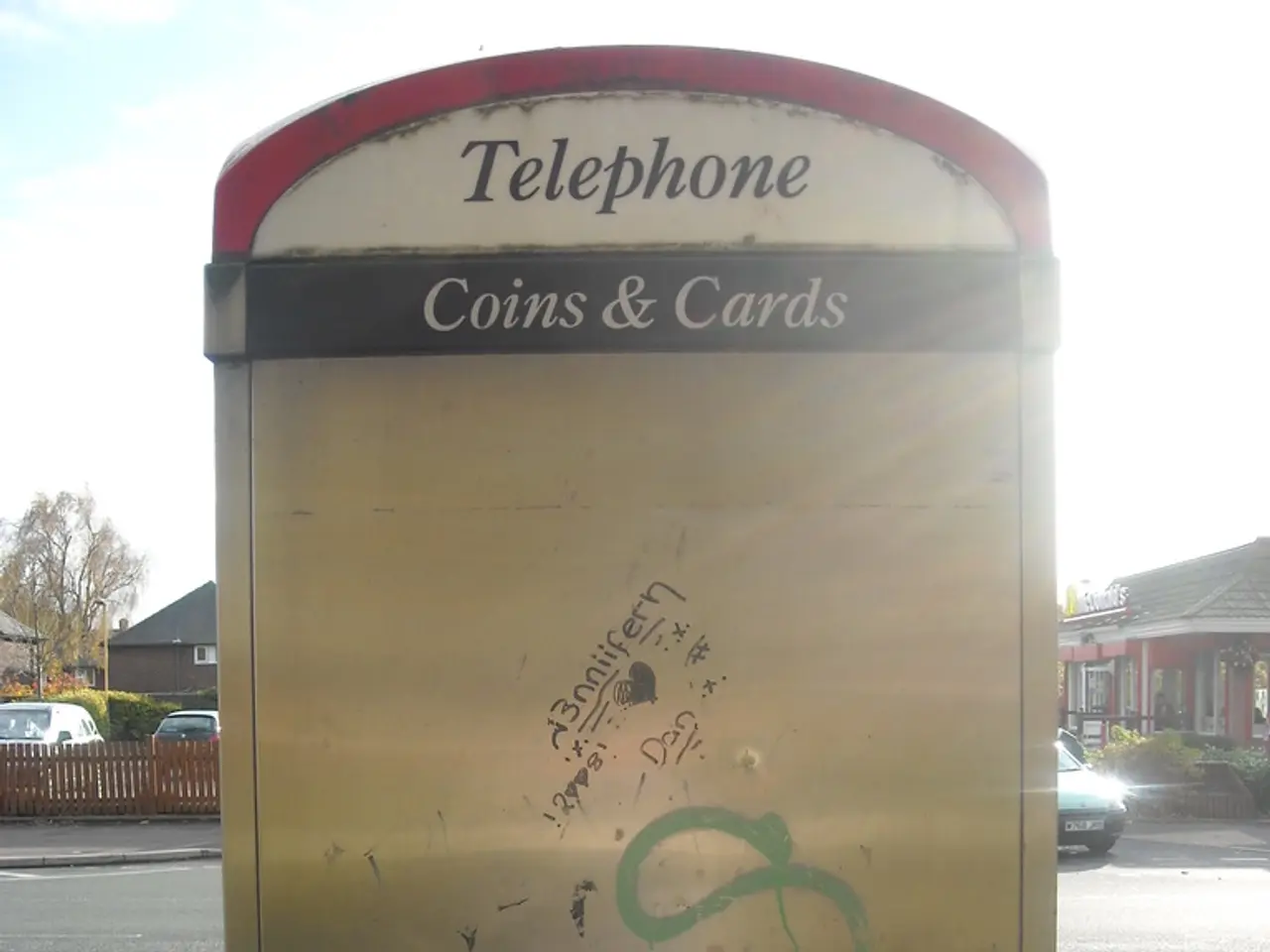Remote location with active law enforcement presence, including both local police and traffic authorities.
Nettetal, Germany, is making strides in promoting environmentally friendly transportation and enhancing the convenience of its residents. The city is actively working on improving accessibility for cargo bikes, with a focus on removing and replacing bollards and revolving gates that currently obstruct pedestrian and cyclist traffic.
The initiative aligns with broader goals to promote sustainable urban mobility and address the challenges faced by cargo bike users and people with mobility challenges. The city administration is systematically surveying and evaluating all relevant facilities, prioritizing locations where these barriers significantly hinder cargo bike access.
Plans include replacing these barriers with more cargo-bike-friendly alternatives such as flexible posts, wider entrances, or automated gates where feasible. The project is in various stages of implementation, with some sites already modified and others in planning or consultation phases.
Community feedback has been actively sought to identify problematic areas and ensure the new installations meet the needs of all users. Funding and timelines are coordinated through municipal transport and urban development departments, sometimes supported by regional sustainability grants.
In line with a new directive from the Ministry for Environment, Nature Conservation and Transport (MUNV), stricter guidelines for traffic facilities on cycle paths will be enforced from 2024. This means that bollards and revolving gates can only be installed in Nettetal if a "qualified danger situation" is proven, and merely preventing the passage of motor vehicles is no longer sufficient justification.
Initial surveys for Nettetal's Integrated Mobility Concept prioritize widening revolving gates to improve accessibility and facilitate cargo bike use. Following the successful implementation in Kaldenkirchen, other districts in Nettetal will follow in stages. In Kaldenkirchen, Hinsbeck, and Lobberich, more than ten locations have already had bollards and revolving gates removed.
For the most precise and up-to-date status, it is advisable to consult Nettetal’s municipal website at www.nettetal.de/leben-nettetal/bauen-wohnen-mobilitaet/mobilitaet/umlaufsperren-und-pollereinsehbar or contact their urban planning office, as such projects can evolve quickly based on local decision-making and budget considerations. Existing facilities, if necessary, will be adapted to be barrier-free and easily navigable by cargo bikes. Alternative measures such as physical narrowing, markings, or signage will be considered if a traffic facility is still required.
- The focus on removing bollards and revolving gates in Nettetal's transportation system is part of a larger effort to promote sustainable living by improving access for cargo bikes.
- The city of Nettetal is also working to incorporate sustainable finance by coordinating funding for their transportation projects through municipality transport and urban development departments, and sometimes regional sustainability grants.
- As more home-and-garden spaces are transformed into urban gardens in Nettetal, it's essential to consider the impact of this lifestyle shift on the transportation industry, such as increased use of cargo bikes for grass clippings and other garden waste.





